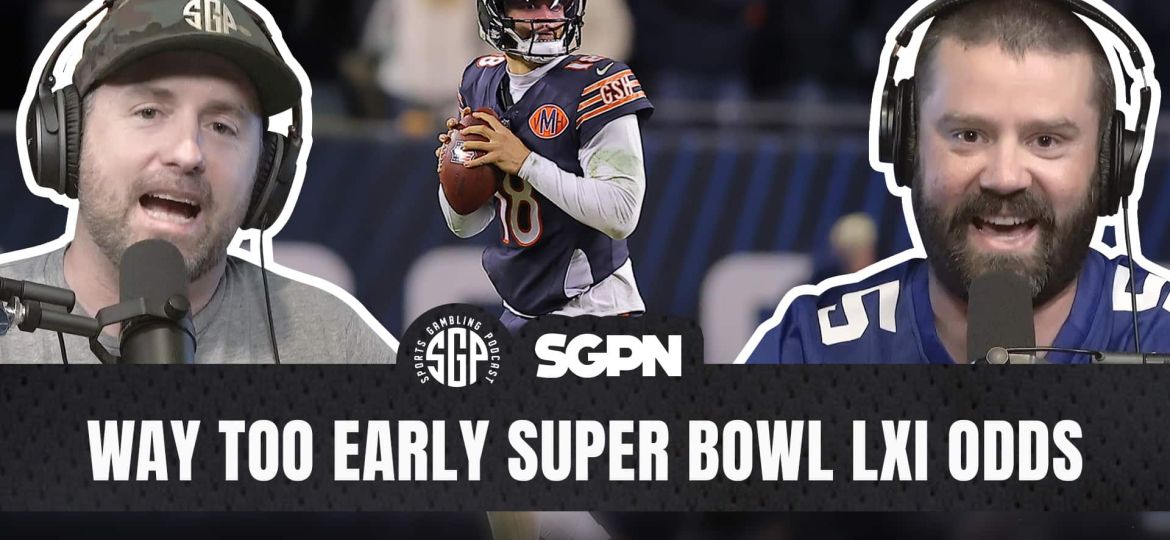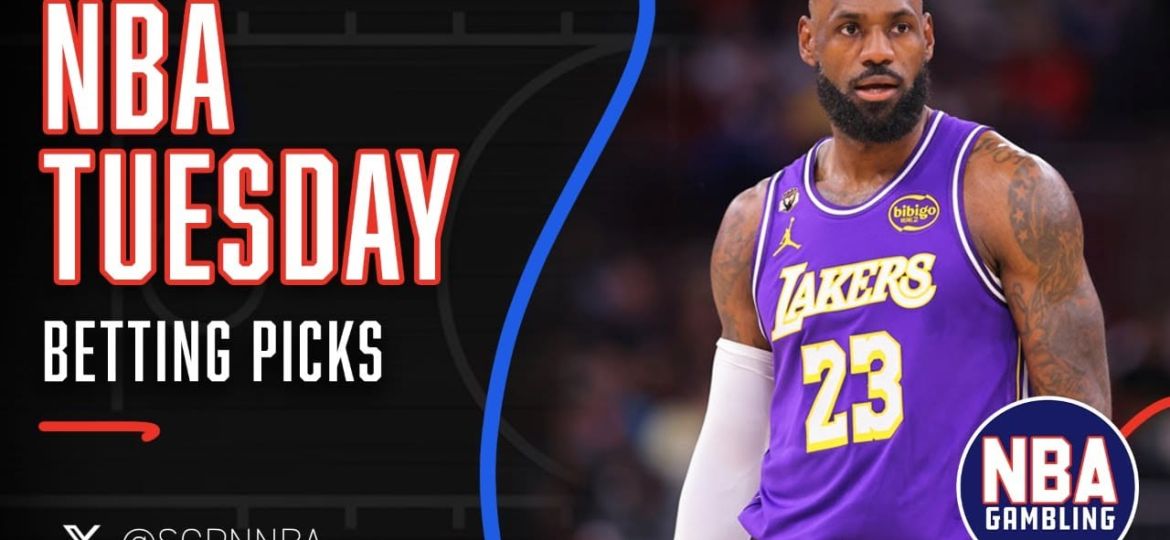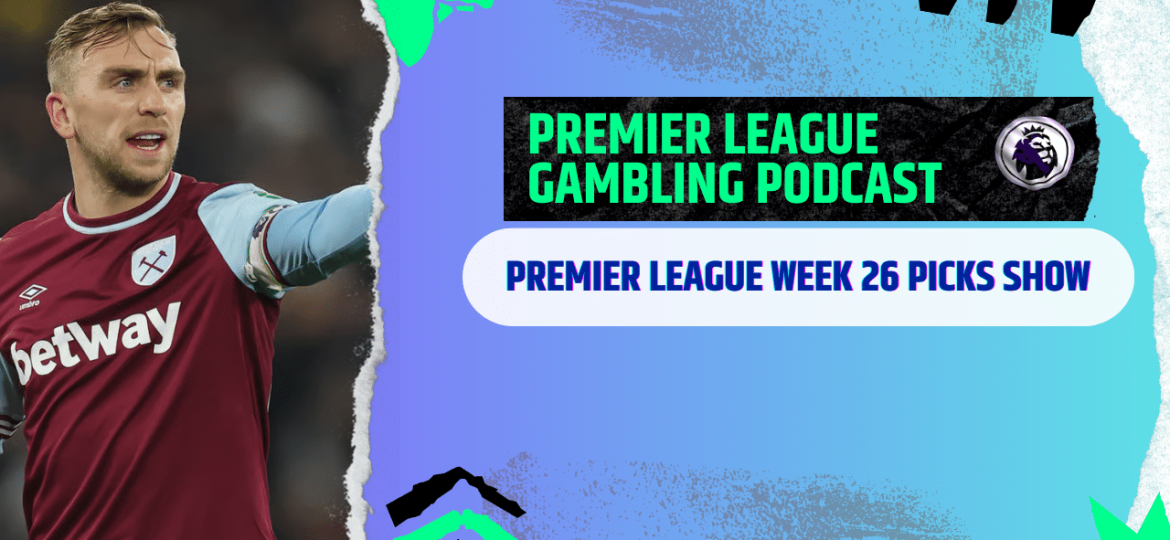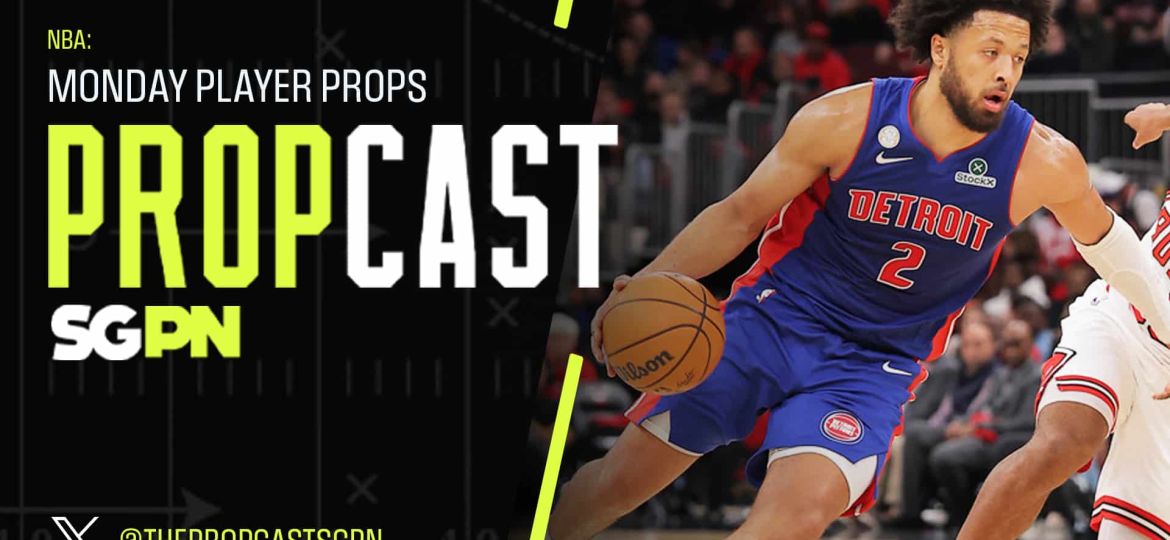 The NFL betting environment is like a whirlwind: It’s changing rapidly, competition is fierce, and the whole issue seems to be overflowing with information (some good, some bad, and some extremely misleading).
The NFL betting environment is like a whirlwind: It’s changing rapidly, competition is fierce, and the whole issue seems to be overflowing with information (some good, some bad, and some extremely misleading).
In this situation, many bettors opt for one type of media to enhance their strategy and foresee the shifts that happen every week: podcasts. Depending on whether you are a casual bettor trying to understand point spreads or a more seasoned player looking for angles the market hasn’t priced in yet, NFL-focused betting podcasts can turn out to be one of your most valuable weapons, the secret lies in using them effectively.
We outline the use of this media as part of your bet on the NFL strategy below, along with ways to get real, actionable value from what you hear.
1. Turn to Podcasts to Grasp Betting Basics
If you intend to bet effectively, you need to have a firm foundation of knowledge. This applies particularly to the NFL, which is a highly complex sport. People who listen to podcasts take for granted that the hosts will not cover the basic stuff, which is actually a lot, such as line movement, implied probability, expected value, unit management, or reading market behavior. Typically, top-notch betting podcasts will go a long way in helping you understand these basics, thus you get a hang of how oddsmakers work and how lines react to public vs. sharp action.
It is no longer a blind shot when you bet once you have these principles down. Knowing the difference between a 3-point and 3.5-point spread in the NFL futures or figuring out why a half-point move is significant can instantly bring you to a higher level of picks. Podcasts can do a lot to bridge the gap between theoretical concepts and give you real-world instances where you can see how to work them out in actual games.
2. Use Weekly Breakdown Episodes to Sharpen Your Analysis
Most NFL betting podcasts release weekly episodes, divided into early-week and late-week segments. Their breakdowns are extremely valuable to bettors as they focus on:
- How the betting lines were initially set
- How the lines have changed
- What was the reason for the change
- What factors are leading to the strongest bets
- Which factors might the casual bettors be overlooking
By hearing this kind of episode, you get to understand the league as the seasoned bettors do. You start to find patterns, like some teams that do better as underdogs, coaches who get more successful in certain situations, or quarterbacks who perform poorly when the weather is bad.
Not even a single one of the picks you hear should be copied, which is what you should do anyway. These breakdowns affect your thinking work. They are like a drill to your mind; it becomes a habit of deep analysis of a matchup rather than just looking at the teams’ records.
3. Listen for Injury and News Interpretation, Not Just Headlines
https://unsplash.com/photos/football-field-GB9XKDZWwp0
Injuries in the NFL can drastically change the betting line. However, the headline (“QB questionable”) is only half the story. The most important thing is the impact—how the performance of the backup players, changes in strategy, and alterations in matchups affect the team.
Several podcasts feature hosts who specialize in discerning the difference between a simple news update and a betting-relevant news update. For instance:
- Should a star wide receiver be out, it might matter less if the team’s offensive system is already distributing the targets evenly.
- The absence of a backup offensive lineman might cause more trouble than that of a missing running back.
- A “limited practice” indication might simply mean the team is managing the workload, not that the player is in danger of missing the game.
Such an interpretation not only positions you ahead of the market but also saves you from overreacting to partially reported news, which is the most significant mistake that casual bettors make.
4. Get Insight from Different Types of Bettors
Different types of bettors don’t always agree, but that’s the positive side of it. Some are very analytical, while others focus on situational angles, such as motivation or even a coaching mismatch. Some people look at weather, tempo, and pace, while others try to spot market inefficiencies early in the week.
By hearing different views on betting, you get more ways to evaluate games. You learn to compare:
- Logical breakdowns vs. narrative
- Opinion based on watching vs. statistical analysis
- Guessing early in the week vs. confirming late in the week
- Mixing these viewpoints can be a great help to you in finding the edges that you would probably not see alone.
5. Learn Proper Bankroll Management
Bankroll management is frequently mentioned in numerous betting podcasts as the factor that determines the greatest long-term success. Even strong bettors can lose situations if they chase losses, double the bets after a bad week, or put too much money on a single game.
Excellent hosts share that they bet in “units” rather than dollars, thus their staking remains consistent and they do not allow emotions to influence their decisions. It is worth noting that this is very significant in the case of the NFL, where public emotion and hype can change the lines to a greater extent than in any other sport.
Listening to experienced bettors who talk about their own mistakes, periods without wins, and emotional traps can be of great help in avoiding these situations.
6. Use Podcasts as a Complement, Not a Crutch
One mistake that many new people to the field make is that they rely too much on picks from podcast hosts. The aim is not to consider podcasters as tipsters, but rather to use their insights to enhance your own reasoning. Basically, they are support, not the road map.
Their usage cannot be better than:
- Writing down
- Comparing ideas
- Following your thoughts against the hosts’ thoughts
- Understanding how they evaluate matchups
- If you find that certain aspects of their strategy fit well with your, then incorporate them into your strategy
By consistent practice, you get to operate in a more independent way and podcasts become merely one of your tools instead of a shortcut.





















